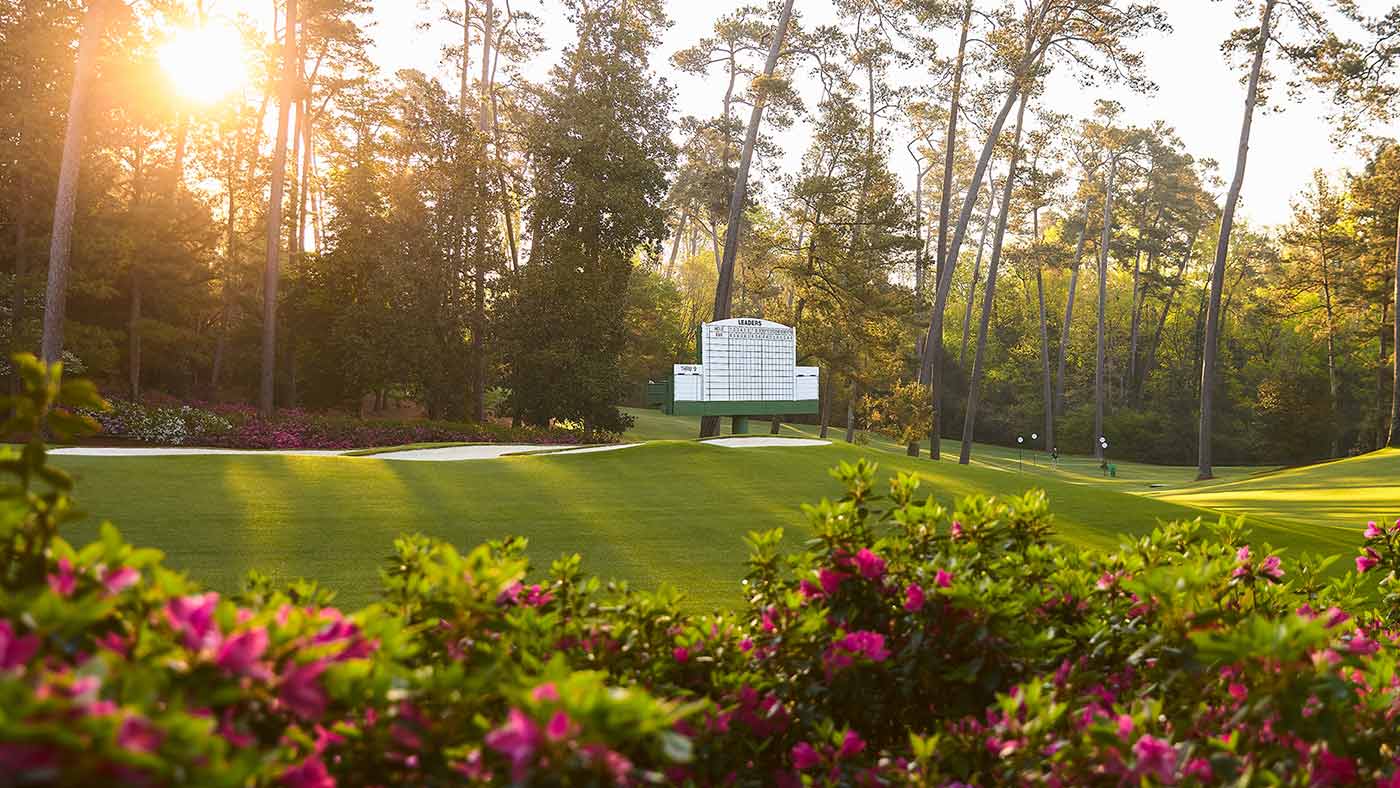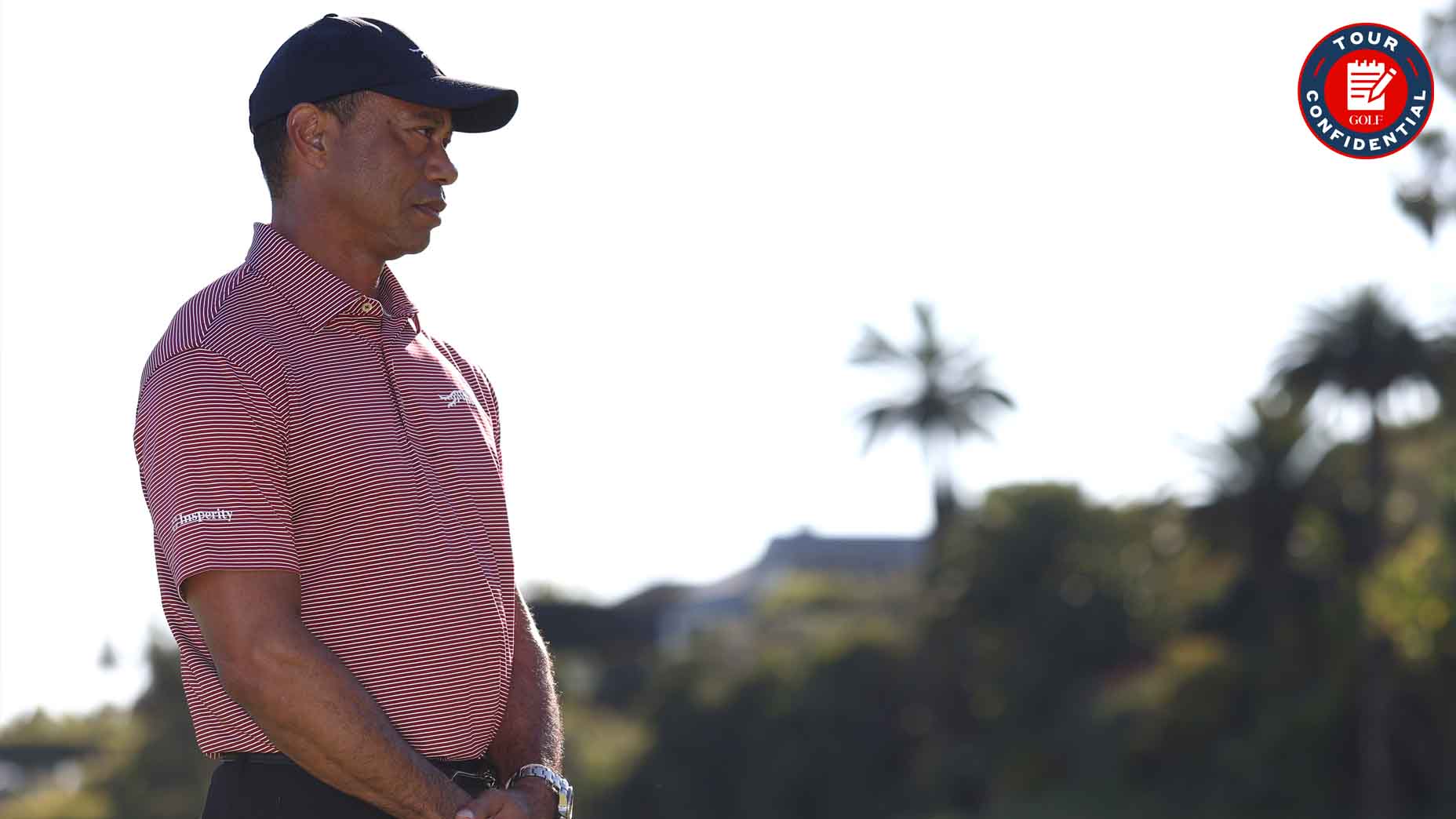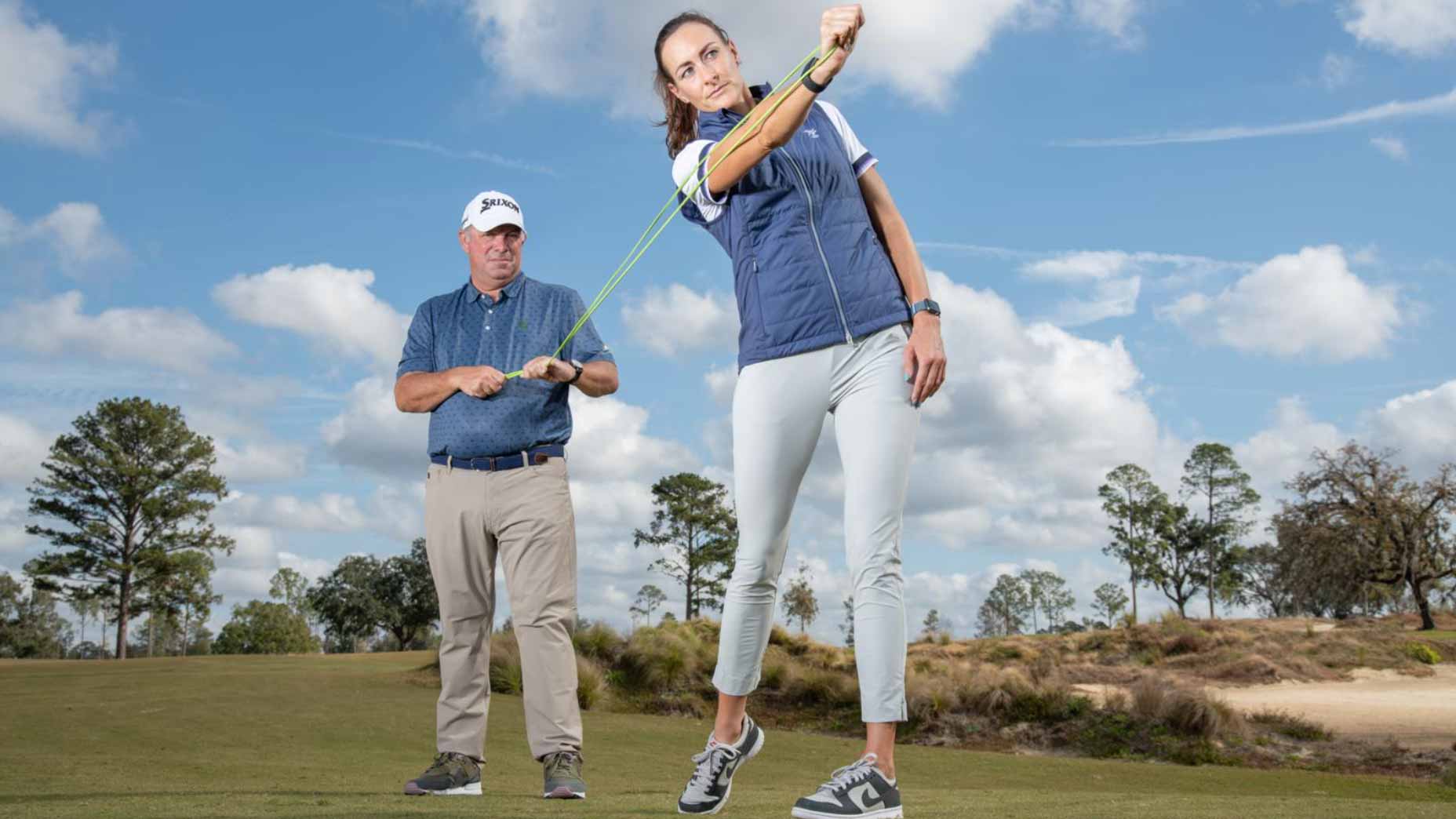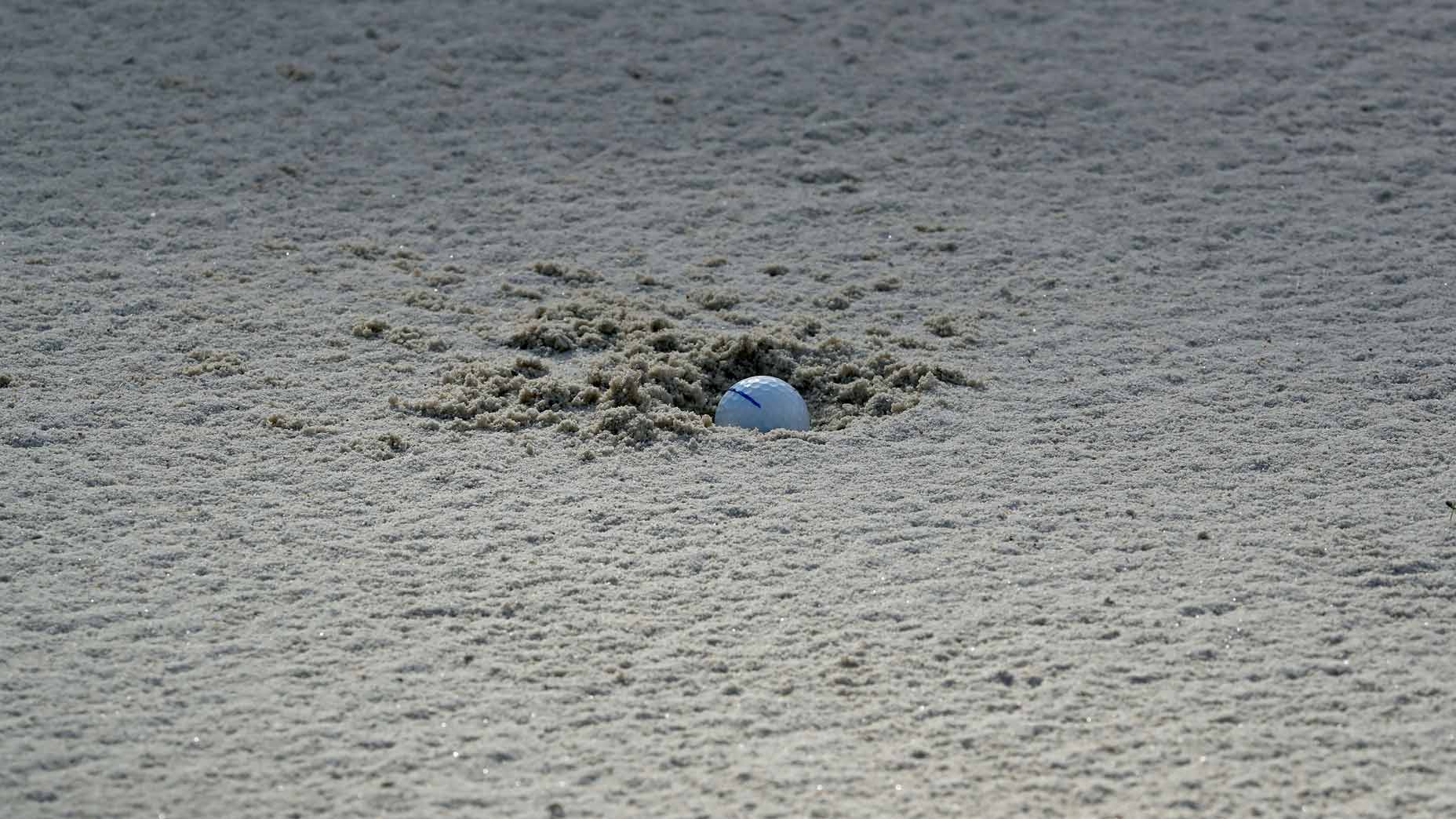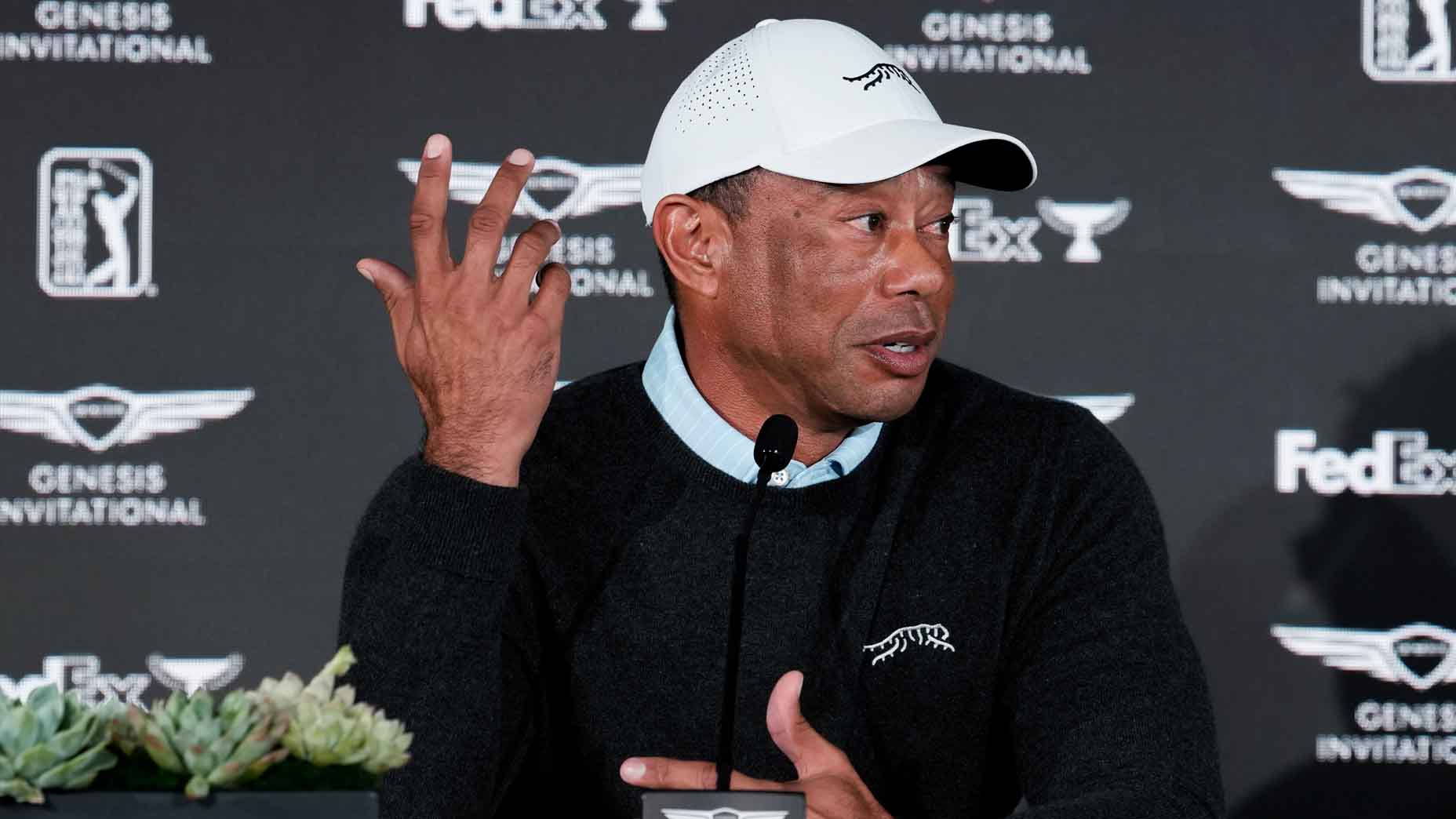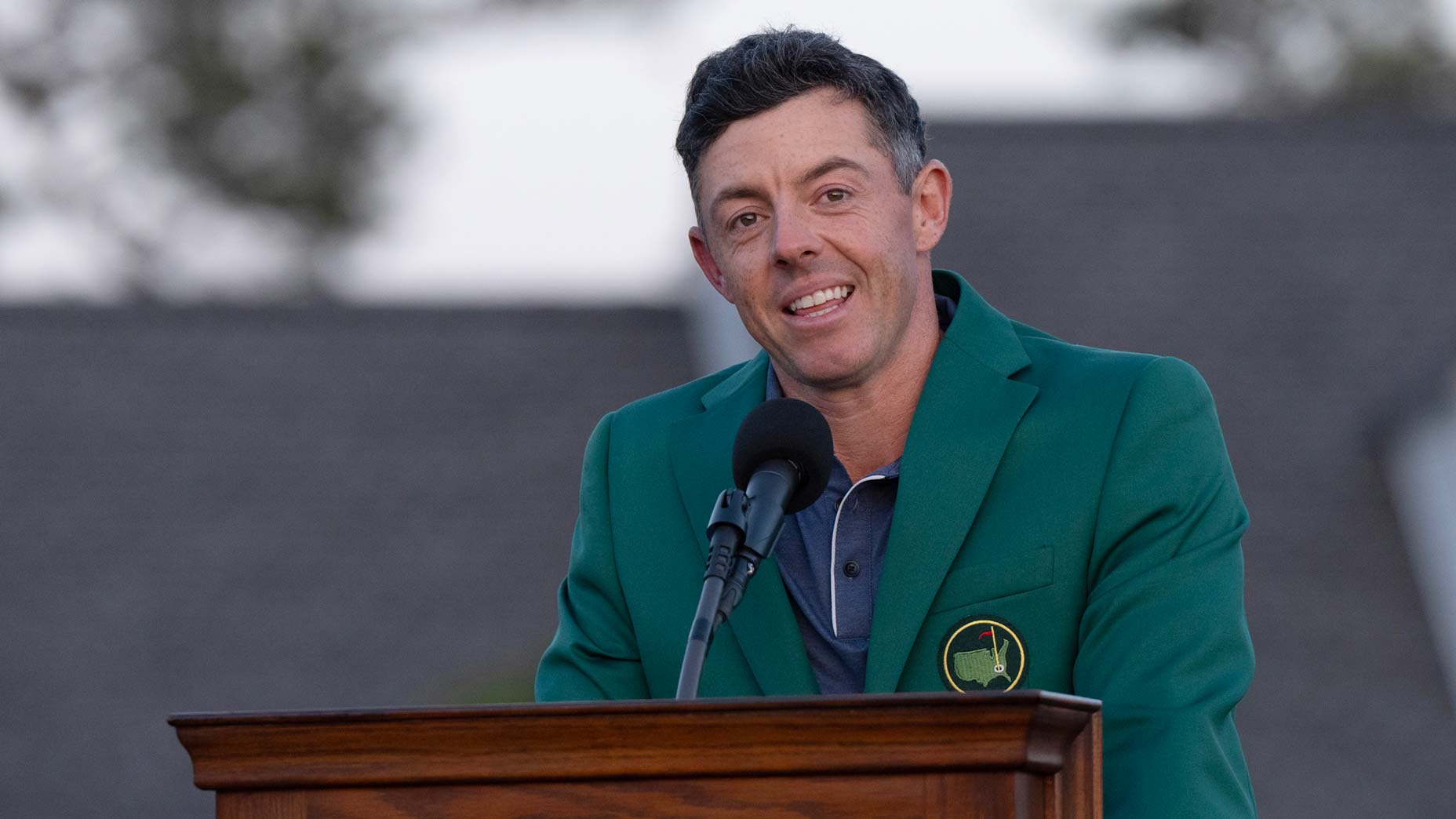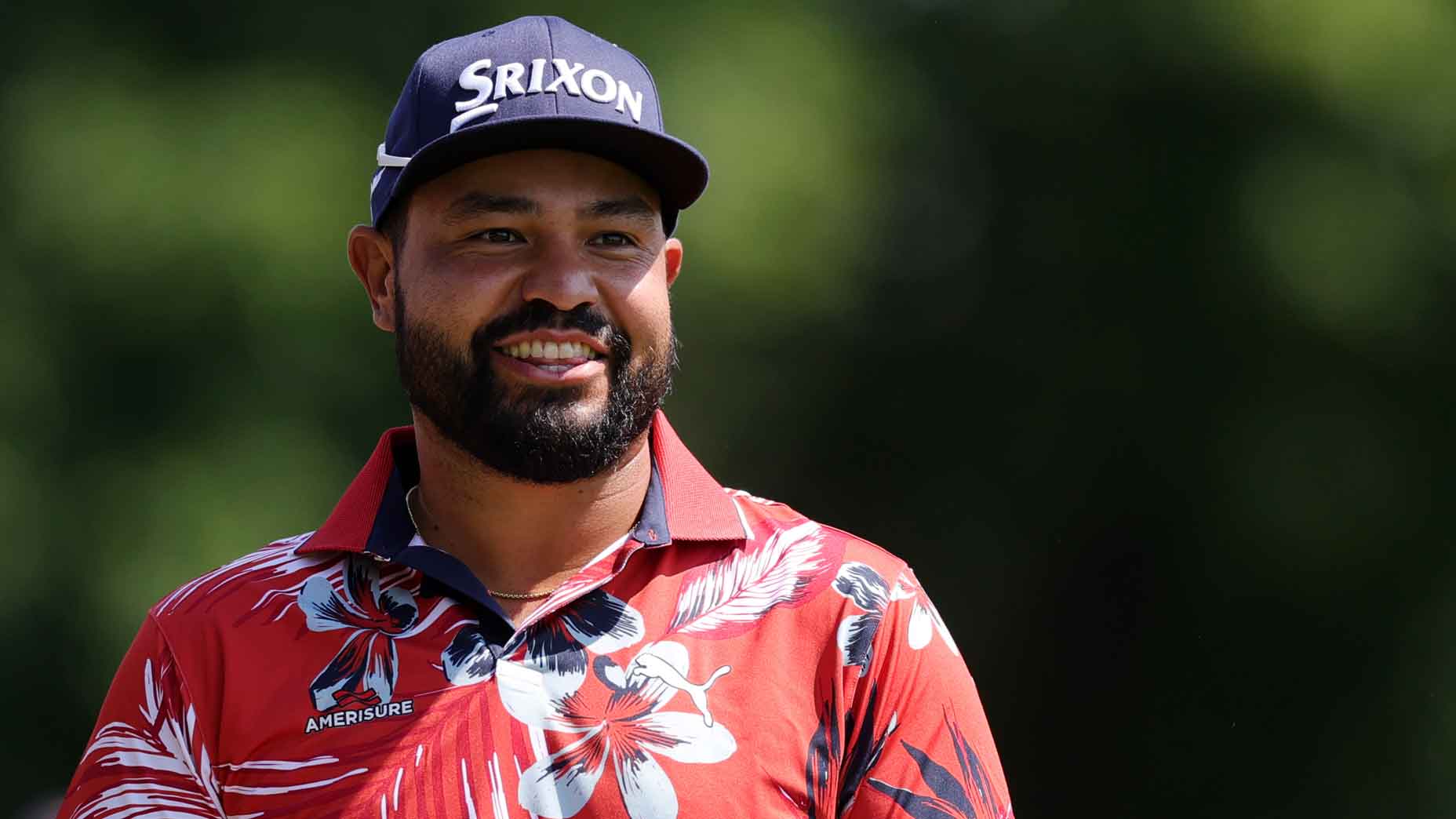Tom Watson played in his last Masters in 2016, and, ever since, people have been asking him the same thing: Will you become one of the honorary starters? That is, will you join Jack Nicklaus and Gary Player and make it a threesome again, as it was before Arnold Palmer hit his final first shot?
And Watson would say something like, “Why would I want to do that? That’s for old people and has-beens.” Yes, he was joking. Watson is 72. He won his green coats in ’77 and ’81. But he wasn’t looking to make it a threesome.
And then Fred Ridley, Augusta National’s chairman, called. After a few minutes of small talk, Ridley popped the question: Would you like to become one of the tournament’s honorary starters, alongside Jack and Gary?
“I’m not in the same league as those two guys,” Watson said, now dead serious. “But I’m more than happy to do it.”
Watson venerates tradition. That’s why he and Augusta National are such a good match. The club respects its history and those who made it. You pass through the gates and enter a bubble where the past is the present and the present is the future. Augusta National celebrates that which endures, starting with the game itself. Maybe you’ve heard the club motto: This is how we do it, baby. Of course Tom Watson said yes.
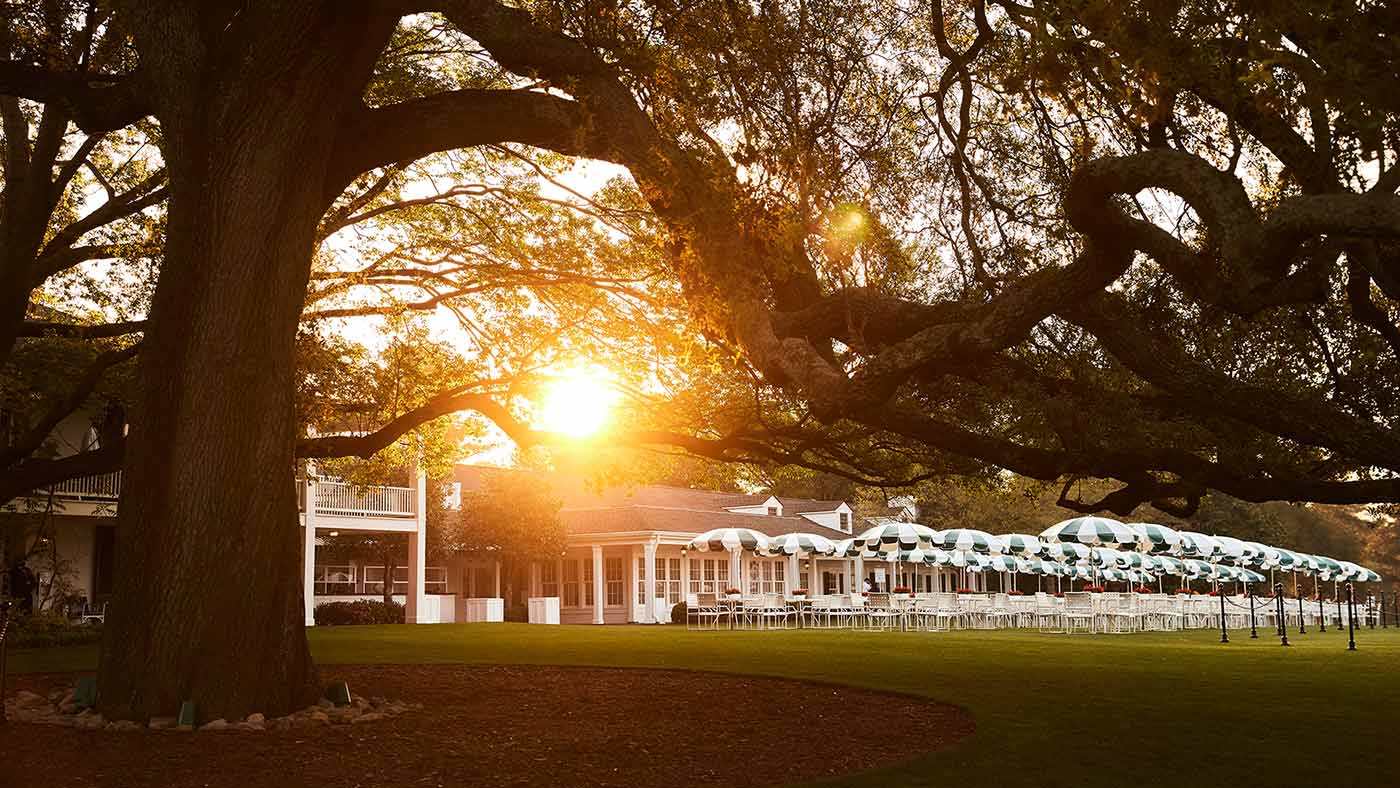
The custom of honorary starters, gathered on the first tee at the start of the first round, goes back to 1963. The tradition of giving a club coat to the winner started in 1949 (Sam Snead that first year). The show-off custom of skipping practice-round tee shots across the pond in front of the 16th green began in 1972. Gary Cowan was the perpetrator, alongside Ben Crenshaw. Lee Trevino and Seve Ballesteros skipped later. Jon Rahm and Rory McIlroy came later. Augusta warps time.
There were years when Tom Watson would slip over to the first tee Thursday morning and watch Gene Sarazen and Byron Nelson and Sam Snead play their ceremonial first shots. And then they’d play nine holes. The Palmer-Nicklaus-Player trio did not keep that play-the-front tradition going, but for years they played in the Wednesday-afternoon par-3 event together. Watson saw that up close too.
When Watson played in his first Masters — in 1970, as an amateur — the honorary starters were two emigrant Scots, Jock Hutchison, winner of the 1920 PGA Championship, and Fred McLeod, winner of the U.S. Open in… 1908! Watson met McLeod. He stayed in the Crow’s Nest, the attic dorm in the clubhouse reserved for amateurs playing in the Masters. “Single bed, communal shower like in high school and all the food you could want, paid for by the club,” Watson said recently. “I think Lanny was up there.” Lanny Wadkins.
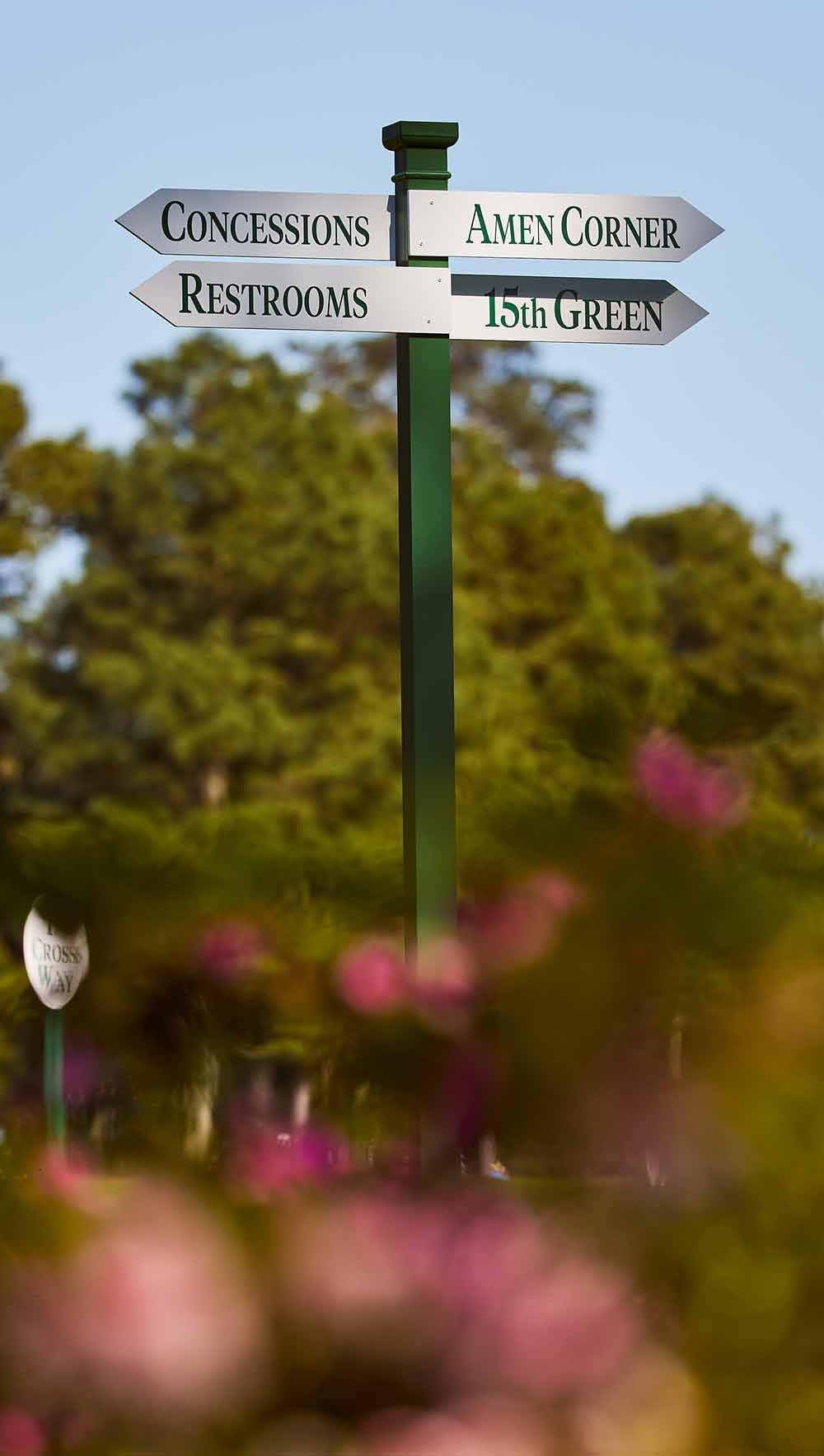
Wadkins was invited to the 1970 Masters as a member of the 1969 U.S. Walker Cup team. Watson was invited as a top-eight finisher in the ’69 U.S. Amateur. Those were automatic qualifying marks then, customs that no longer exist. But the tournament still celebrates amateurs and amateurism. That’s a legacy of Bobby Jones, Augusta’s cofounder and golf’s greatest amateur.
Some Masters tradition is codified. (Amateurs bunking in the clubhouse; fans being called patrons.) And some of it comes from people — fans, players, caddies, members — just doing their own thing. After the death of his longtime caddie, Bruce Edwards, in 2004, Watson started leaving an egg-salad sandwich on the pinewood bench by the 13th tee. It was a nod to Bruce, who’d often eat a quick sandwich there as Watson waited for the fairway to clear. Augusta’s egg-salad sandwiches are underrated, if you like yours on the mayonnaisey side. That’s how they make them. Have forever.
Food and drink is a core value at the Masters. In the Press Building, around 8 p.m. on Sunday, with reporters on deadline writing up the new winner, a club official announces over the PA system, “The bar is now open.” The week begins with a Monday-night dinner for amateur competitors. Past champions have a Tuesday-night dinner. Club members have a dinner on Sunday night, during which the new winner is toasted. Now, there’s a dinner for the competitors playing in the Augusta National Women’s Amateur. A new tradition, if those two words can cohabitate.
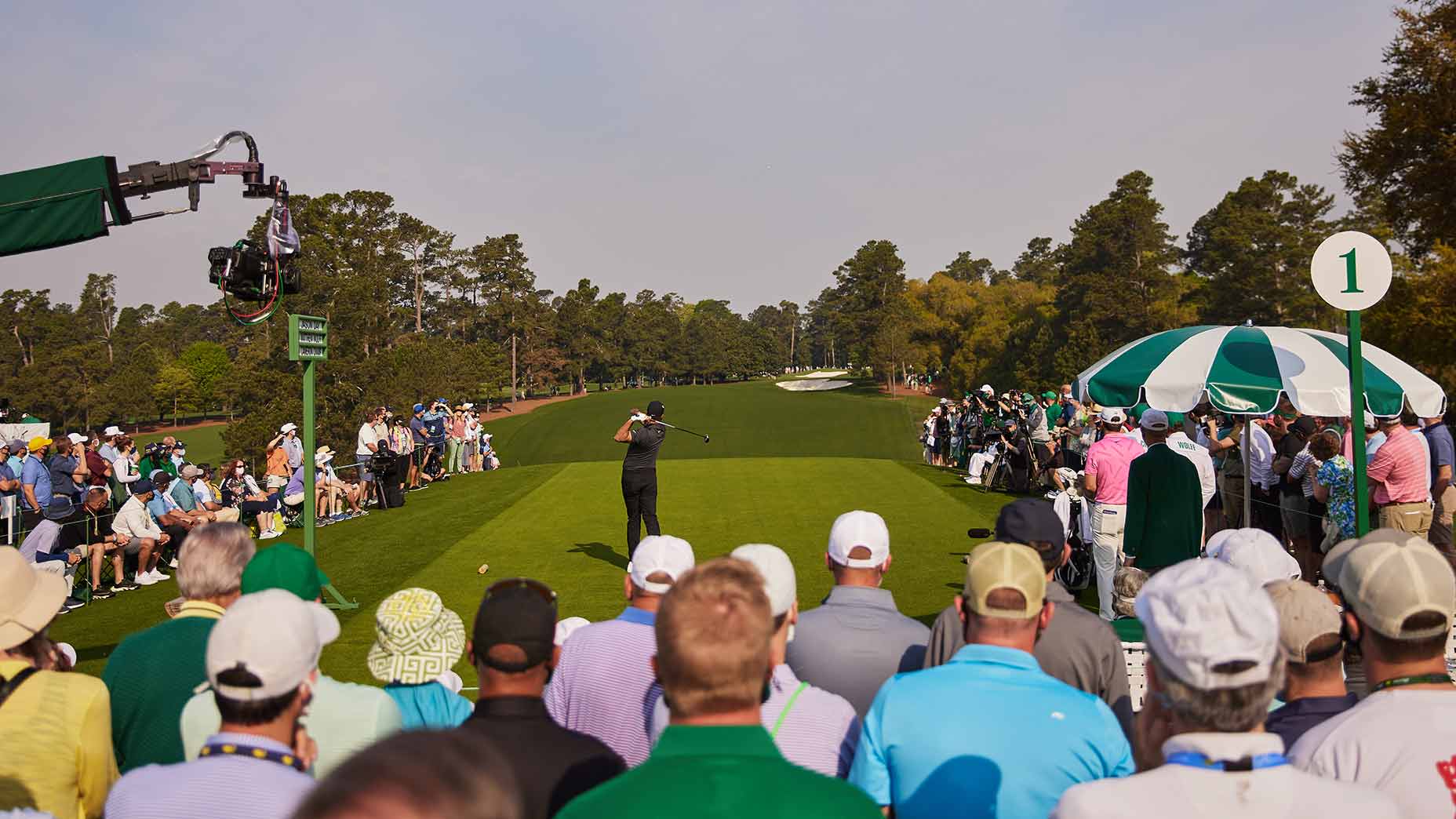
When Watson attended the Amateur Dinner in 1970, he sat next to Billy Joe Patton, a lifelong amateur who finished a stroke out of the Sam Snead–Ben Hogan playoff in 1954. “I remember him telling me he hit his second on 11 to five feet,” Watson said the other day. (Rare!) Patton played his last Masters in 1966, but accomplished ams are often invited back to the Masters, even when they aren’t in the field, to give pep talks and recall days gone by. When Watson hosted the Champions Dinner for the first time, in 1978, Ben Hogan attended it for the last time. Hogan started the dinner in 1952.
On the Tuesday night of this year’s Masters, Tom Watson will be at the Masters Club Dinner (its formal name) for the 45th time. On Wednesday afternoon, he’ll play in the Par-3 Contest. Again, familiar terrain. But, on Thursday morning, he’ll be a 72-year-old rookie as he stands on the first tee with two other Augusta legends and doffs his cap to the applauding patrons.
